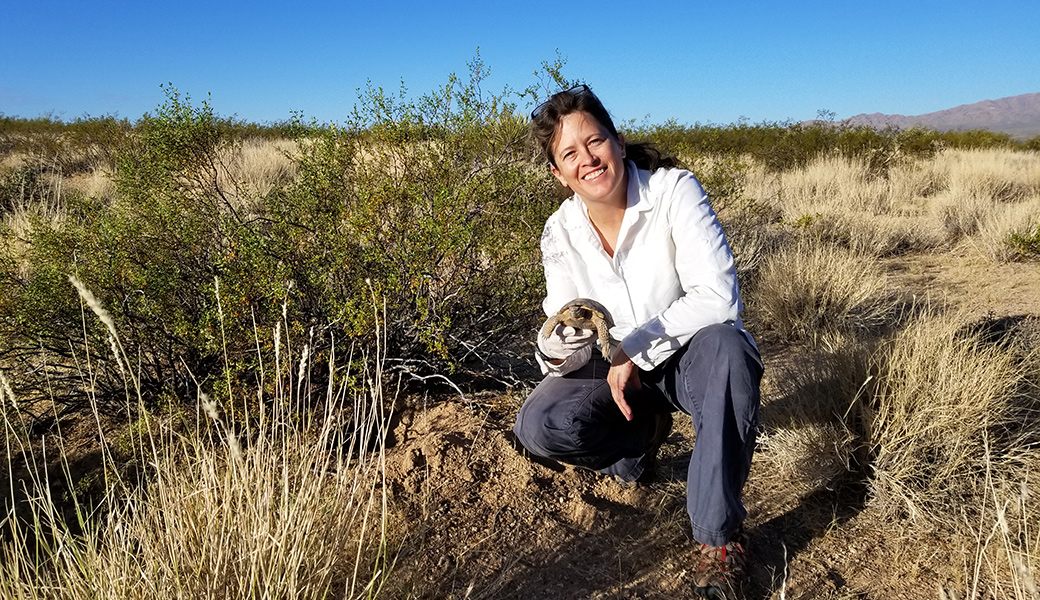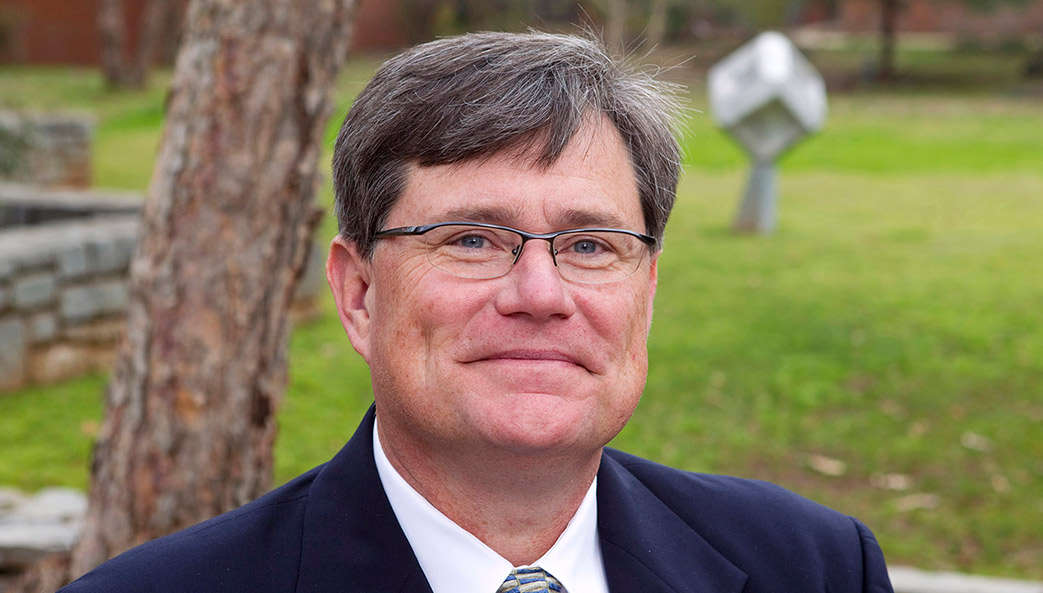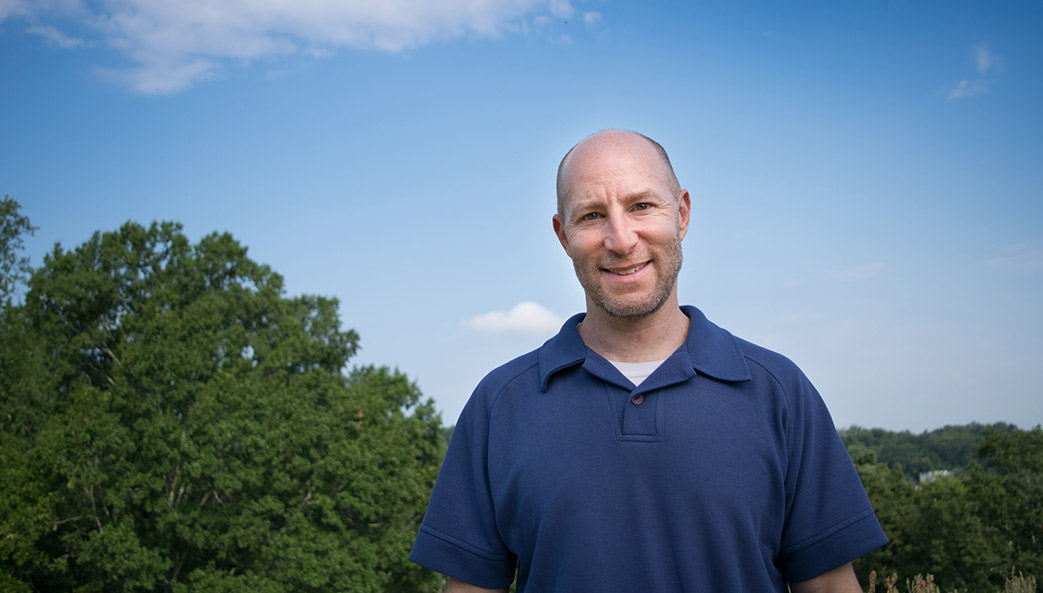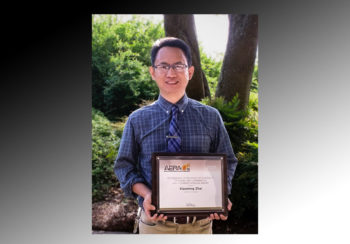Tracey Tuberville, a senior research scientist at the University of Georgia’s Savannah River Ecology Laboratory, has been named a Christine Stevens Wildlife Award recipient by the Animal Welfare Institute.
The award, part of a grant program to fund innovative strategies for humane, nonlethal wildlife conflict management and improved methods of wildlife study, is designed to inspire wildlife scientists, managers and advocates who develop humane techniques for research and aid humans and wildlife in coexisting, according to AWI President Cathy Liss. The award is named in honor of the late Christine Stevens, who founded AWI to end the cruel treatment of animals in experimental laboratories.
Tuberville is one of only nine recipients chosen to receive the award this year. She was selected for her proposal to evaluate the suitability of repatriating or returning confiscated and rehabilitated Eastern box turtles back to the wild.
An adjunct faculty member at UGA’s Warnell School of Forestry and Natural Resources, Tuberville said she is thrilled her proposal was one of the few chosen considering proposals were evaluated from all over the world.
“The AWI award will allow us to address a growing issue that many wildlife agencies are currently grappling with,” said Tuberville. “The question of whether animals confiscated from the illegal wildlife trade can be repurposed for conservation.”
She said thousands of turtles in the United States are taken from their habitat annually by poachers. When law enforcement finds and seizes the shipments, wildlife agencies have a dilemma.
“These animals are either relegated to a lifetime in captivity or euthanized when permanent facilities are not available, because it is often unknown where they were collected from, what pathogens they may have been exposed to, or how well they do if released back into the wild,” Tuberville said.
The funds from the award will allow a graduate student to monitor a group of Eastern box turtles that were confiscated by the South Carolina Department of Natural Resources and relocated to the U.S. Department of Energy’s Savannah River Site near Aiken, South Carolina.
Tuberville said the SRS is a large protected area that includes hardwood forested habitat and a low density of roads, which makes it ideal habitat for confiscated box turtles.






